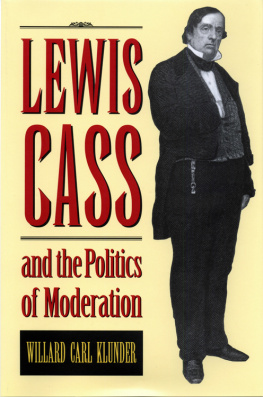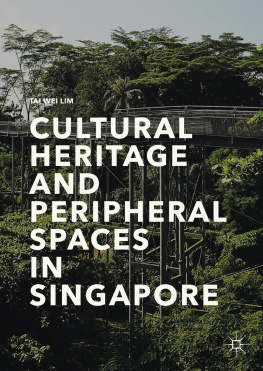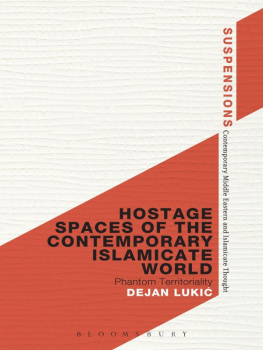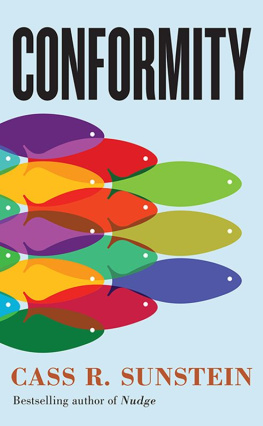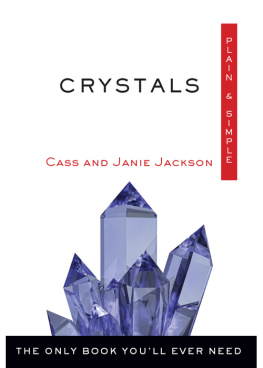
Contemporary Art in Heritage Spaces
Contemporary Art in Heritage Spaces considers the challenges that accompany an assessment of the role of contemporary art in heritage contexts, whilst also examining ways to measure and articulate the impact and value of these intersections in the future.
Presenting a variety of perspectives from a broad range of creative and cultural industries, this book examines case studies from the past decade where contemporary art has been sited within heritage spaces. Exploring the impact of these instances of intersection, and the thinking behind such moments of confluence, it provides an insight into a breadth of experiences from curator, producer, and practitioner to visitor of exhibitions where this juncture between contemporary art and heritage plays a crucial and critical role. Themes covered in the book include interpretation, soliciting and measuring audience responses, tourism and the visitor economy, regeneration agendas, heritage research, marginalised histories, and the legacy of exhibitions.
Contemporary Art in Heritage Spaces will be essential reading for academics and students engaged in the study of museum and heritage studies and contemporary art around the globe. Museum practitioners and artists should also find much to interest them within the pages of this volume.
Nick Cass is an artist and lecturer at the University of Leeds. Having a background working in museum education, and from his experience as an artist working within museums and heritage sites, he has a long-standing interest in the intersection between artists and heritage.
Gill Park is Lecturer in Art Gallery, Museum and Heritage Studies at the University of Leeds and Lecturer in Curating at the University of Newcastle.
Anna Powell is Senior Lecturer in Art and Design Theory in the School of Art, Design and Architecture at the University of Huddersfield.
Contemporary Art in Heritage Spaces
Edited by Nick Cass, Gill Park, and Anna Powell
First published 2020
by Routledge
2 Park Square, Milton Park, Abingdon, Oxon OX14 4RN
and by Routledge
52 Vanderbilt Avenue, New York, NY 10017
Routledge is an imprint of the Taylor & Francis Group, an Informa business
2020 selection and editorial matter, Nick Cass, Gill Park, and Anna Powell; individual chapters, the contributors
The right of Nick Cass, Gill Park, and Anna Powell to be identified as the authors of the editorial material, and of the authors for their individual chapters, has been asserted in accordance with sections 77 and 78 of the Copyright, Designs and Patents Act 1988.
With the exception of Chapter 9, no part of this book may be reprinted or reproduced or utilised in any form or by any electronic, mechanical, or other means, now known or hereafter invented, including photocopying and recording, or in any information storage or retrieval system, without permission in writing from the publishers.
Chapter 9 of this book is available for free in PDF format as Open Access from the individual product page at www.routledge.com. It has been made available under a Creative Commons Attribution-Non Commercial-No Derivatives 4.0 license.
Trademark notice: Product or corporate names may be trademarks or registered trademarks, and are used only for identification and explanation without intent to infringe.
British Library Cataloguing-in-Publication Data
A catalogue record for this book is available from the British Library
Library of Congress Cataloging-in-Publication Data
A catalog record has been requested for this book
ISBN: 978-0-367-14805-8 (hbk)
ISBN: 978-0-429-05349-8 (ebk)
Typeset in Times New Roman
by Newgen Publishing UK
Contents
Nick Cass, Gill Park, and Anna Powell
PART I
Reimagining heritage
NIKI BLACK AND REBECCA FARLEY
Laura Breen
BRASS ART: chara Lewis, Kristin Mojsiewicz, and Annek Pettican
PART II
Alternative histories
Gill Park
Jenna C. Ashton
Joanne Williams
Andrew Burton
PART III
Disciplinary dialogues
Catrin Huber
Catherine Bertola and Rachel Rich
Gaynor Bagnall and Jill Randall
PART IV
Liminal spaces
Nick Cass
Julie Crawshaw and Menelaos Gkartzios
Anna Powell
Note : Please be aware that images from Herculaneum and Pompeii cannot be taken from Chapter 9, and reproduced or duplicated by any means and in any way without prior permission from the respective site: Parco Archeologico di Ercolano and Parco Archeologico di Pompei.
Jenna C. Ashton is Lecturer and Programme Director of Heritage Studies, University of Manchester. Jenna is a feminist curator and creative practitioner with a background in art history and visual cultures, crossing over into feminist anthropology and geography. Jenna holds a number of advisory and trustee roles in the UK and internationally, including with the National Trust. In 201718 she was selected as a visiting Global Cultural Fellow with the Institute for International Cultural Relations, University of Edinburgh, working with thirty other international curators, artists, and policy makers exploring the value of cultural exchange for addressing human rights challenges. She is the founder and Creative Director of Digital Womens Archive North a Manchester-based feminist arts and heritage organisation addressing social inequalities through creative archiving and documentation. Jenna is editor of the two-volume publication Feminism and Museums: Intervention, Disruption and Change (201718). In collaboration with diverse women artists, she recently co-founded CIWA, the Centre for International Women Artists a collective artist studio and gallery in Manchester, UK. Site-specific challenges and opportunities of making, accessing, participating, and collaborating in space and place is a consistent focus of her practice and research, with projects including the childhood negotiation of home; valuing urban nature; feminist digital archiving; creativity in post-war contexts; journeying and displacement of artists; negated sensory lived experiences; and creative re-use of architectural environments.
Gaynor Bagnall is a Senior Lecturer in Cultural Sociology at the University of Salford. She has a long-standing research interest in the area of heritage, museums, and audiences, and a more recent concern with the relationship between museum and heritage audiences, arts, and digital media. Her work has focused on understanding the audiences for and audience engagement with a range of cultural and heritage organisations, and she has led and co-led a number of funded (AHRC, ESRC, EPSRC) research projects in these and related areas. Using a range of innovative and co-creative sociological methods, she has explored how emotion, meaning, and identity are produced in the consumption of such sites. Research with museums and heritage sites, often in areas of cultural regeneration, has enabled her to examine the interplay of emotion, heritage, and memory and the role they play in enabling forms of belonging, connections, and even disconnections to place.




